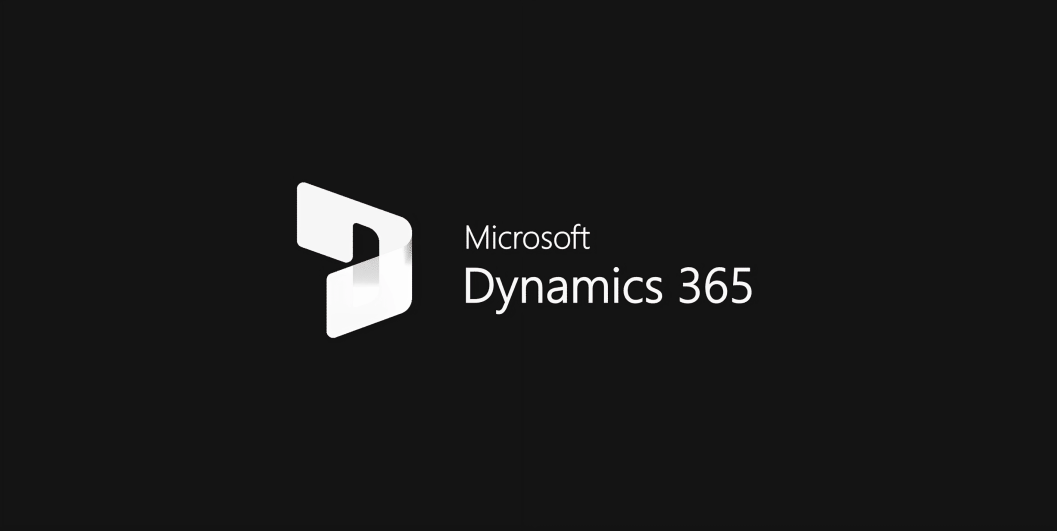Notifications

6 minutes, 17 seconds
-14 Views 0 Comments 0 Likes 0 Reviews

When it comes to upgrading your business software, Microsoft Dynamics 365 is often considered one of the most powerful and flexible solutions on the market. With its blend of customer relationship management and enterprise resource planning, Dynamics 365 helps organizations streamline operations, improve customer experiences, and make better decisions. But before diving into an implementation, there’s one question every business needs answered.
How much is this going to cost?
Unlike off-the-shelf software, Dynamics 365 is not a one-size-fits-all product. It is a suite of modular applications that can be tailored to the specific needs of your business. That flexibility is a huge advantage, but it also means that the cost of implementation can vary widely depending on some factors.
In this post, we’ll walk through the main cost components of a Dynamics 365 implementation and help you understand what kind of investment to expect.
The first cost that most people think about is the software license itself. Microsoft Dynamics 365 offers several pricing tiers depending on the modules you choose.
For example, Dynamics 365 Finance and Supply Chain Management is priced differently from Sales, Customer Service, or Marketing modules. You can subscribe to individual apps or bundle them together for a more comprehensive solution.
Licensing is typically billed per user per month. For small businesses, this might start at a few hundred dollars monthly. For larger organizations with dozens or hundreds of users, monthly licensing fees can reach several thousand dollars.
It’s important to work with a certified Microsoft partner to determine exactly which licenses are required. This avoids overpaying for unnecessary features or underestimating what your team actually needs.
The next major cost factor is the actual implementation. This includes configuration, customization, data migration, integrations, and testing. Unlike plug-and-play solutions, Dynamics 365 requires proper setup to match your workflows and objectives.
Implementation services are usually charged as a one-time project fee. The cost depends on the size and complexity of your organization, but it can range anywhere from ten thousand dollars to several hundred thousand dollars.
Here’s a breakdown of what might be included:
Business analysis and discovery workshops
System configuration and module setup
Custom development if your processes are unique
Integration with other platforms like Power BI, SharePoint, or third party apps
Data import and migration from legacy systems
Training for your team and post launch support
The more tailored your system needs to be, the higher the implementation cost will climb. However, thoughtful planning and working with experienced consultants can prevent unnecessary expenses down the line.
After the system goes live, there will still be recurring costs to consider. These include system maintenance, updates, troubleshooting, and user support.
Some businesses choose to manage this in-house, while others contract with their implementation partner for a monthly support plan. These plans can cost a few hundred to a few thousand dollars per month, depending on the level of service required.
In addition, Microsoft regularly updates Dynamics 365, so your system should be reviewed periodically to take advantage of new features and security improvements.
While the main costs are fairly predictable, there are also some hidden expenses that can catch businesses off guard.
For example:
Change management and internal communication efforts
Downtime during data migration or testing
The learning curve and temporary drops in productivity
Licensing for third-party add-ons or custom tools
Anticipating these costs in your project budget will help ensure a smoother transition and fewer surprises.
The total cost of implementing Microsoft Dynamics 365 can range widely. For a small business implementing a basic CRM module, the total cost might be under twenty thousand dollars. For a mid size company rolling out a fully customized finance and supply chain solution, the budget could exceed two hundred thousand dollars.
The key is to approach the project strategically. Identify the modules that deliver the most immediate value, plan for long term scalability, and work with a knowledgeable implementation partner.
Microsoft Dynamics 365 is a powerful investment in your company’s future, but like any major business decision, it’s not one to be taken lightly. Understanding the full scope of implementation costs including licensing, customization, support, and hidden fees will help you budget wisely and avoid unexpected challenges.
The more you plan upfront, the more value you’ll see on the other side. With the right guidance, Dynamics 365 can transform how your business runs and delivers value to your customers.
Dynamics 365 CRM #EnterpriseSoftware CRM Software Enterprise Cloud

